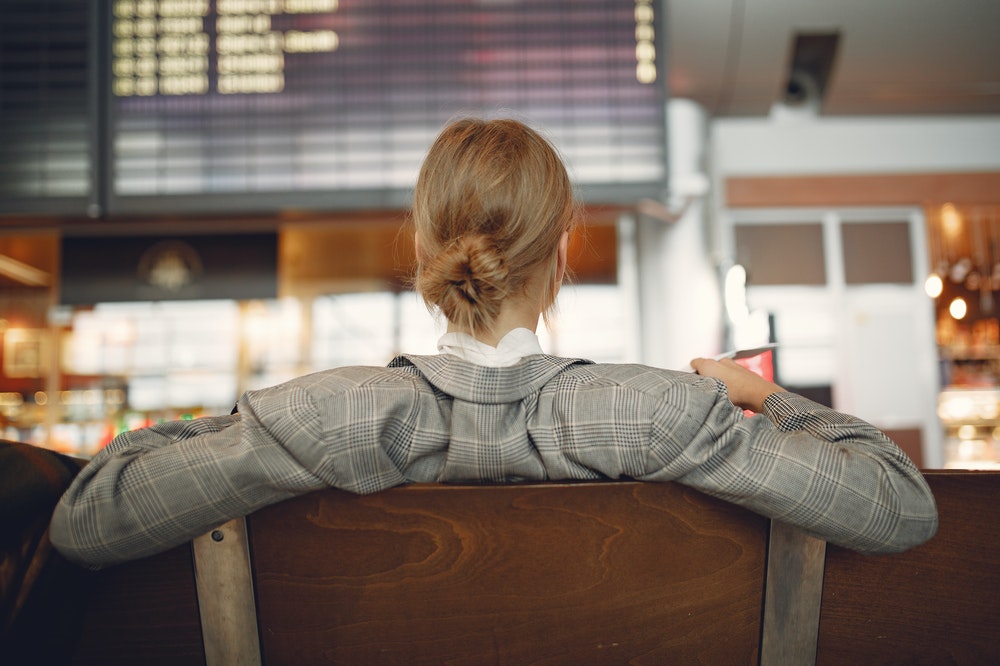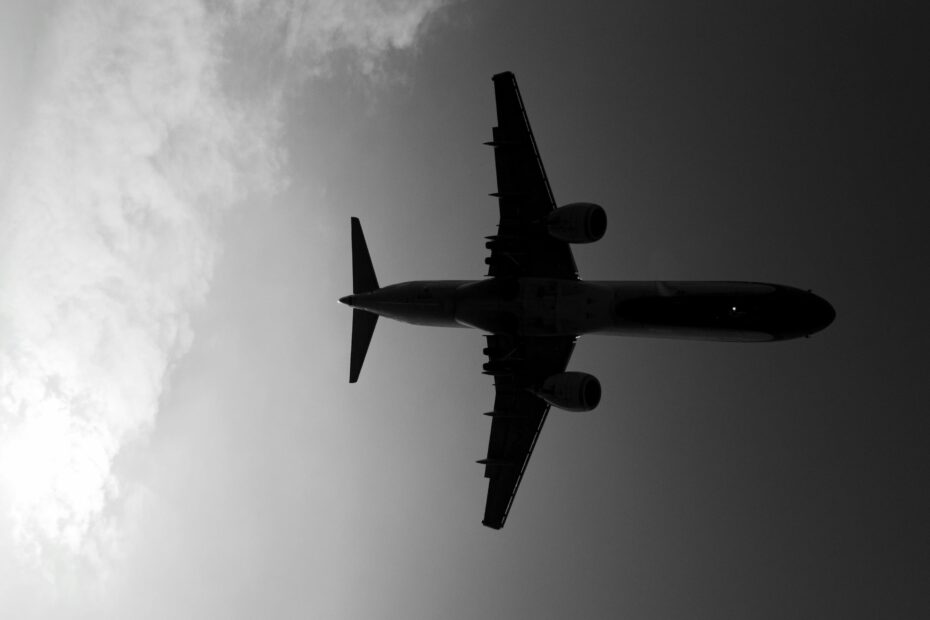What happens when your flight is diverted? Can you receive diverted flight compensation?
A diversion can be confusing and frustrating. You’re already in the air headed toward your destination when the crew announces that the plane will land at a different airport. Diversions can occur for many reasons—technical issues, severe weather, medical emergencies, or operational problems.
In some situations, you may be entitled to flight compensation. In others, you may not.
Understanding the reason for the diversion is key to knowing your rights.
Check your compensation online.
What Is a Diverted Flight?
A diverted flight—sometimes called a rerouted flight—is one that lands at a different airport than originally planned. There are many possible reasons for this, from technical issues and medical emergencies to weather conditions or air traffic restrictions.
The decision to divert can be made by the pilot or by Air Traffic Control. In some cases, the aircraft may even return to the departure airport. Regardless of the situation, if you are flying with a European airline, the airline is still obligated to get you to your original destination at no extra cost.
This raises important questions:
- Why do flights get diverted?
- What should you do if it happens?
- Are you entitled to diverted flight compensation?
Why Do Flights Get Diverted?
Flights can be diverted for many different reasons. In some cases you may be entitled to diverted flight compensation, while in others you won’t—everything depends on the cause.
Severe Weather Conditions
Bad weather is one of the most common reasons for flight diversions.
If conditions at the destination airport make landing unsafe, the aircraft may be rerouted to an alternative airport.
Because weather-related diversions are considered extraordinary circumstances, they are not the airline’s fault, so compensation is not available. However, you still have the right to onward transport to your original destination.
Technical Problems
Technical issues are another common reason for diversions.
If an aircraft encounters a technical problem in flight and cannot safely continue to its destination, it will divert to the nearest suitable airport—ideally one with proper maintenance facilities, unless an emergency landing is necessary.
If the problem is determined to be the airline’s responsibility, you may be entitled to compensation.
Further investigation is often needed to confirm this.
Medical Emergencies
Medical emergencies can occur at any time, including mid-flight.
If a passenger or crew member requires urgent medical attention, the aircraft may divert to the closest airport with appropriate medical facilities.
These situations are not the airline’s fault, and therefore do not qualify for diversion compensation. If the plane must land immediately, this is classified as an emergency landing, not a standard diversion, and compensation is still not available.
Disruptive or Unruly Passengers
Sometimes flights are diverted because of passengers behaving aggressively or posing a threat to others.
If the crew is unable to resolve the situation, the pilot may decide to land at another airport to remove the disruptive passenger.
Since this is outside of the airline’s control, compensation is not offered in these cases.
Security Issues
Security-related concerns—such as threats at the destination airport, armed conflict, or suspected terrorist activity—may also trigger a diversion.
In these cases, the pilot may reroute the flight to the nearest safe airport.
Security incidents are considered extraordinary circumstances, so compensation does not apply.

Check your compensation online.
Diverted Flight Compensation
Can you receive compensation for diverted flight?
In most cases, a diversion is treated the same way as a flight delay.
Just like with regular delays, whether you qualify for diverted flight compensation depends on the specific circumstances. Under European rules, if the diversion is caused by the airline’s fault—for example, a technical issue—you may be entitled to up to €600 per passenger. If the cause is not the airline’s responsibility (such as bad weather or medical emergencies), compensation does not apply.
If the diversion is the airline’s fault and you arrive at your final destination 3 hours or more later than scheduled, you should file a compensation claim.
How to Claim Diverted Flight Compensation
Claiming compensation for diverted flight works the same way as claiming for a flight delay.
You can file a claim yourself by contacting the airline directly, providing your flight details, booking information, and an explanation of what happened. Airlines are legally required to review your claim and respond, although the process can sometimes be slow or complicated.
Alternatively, you can claim through a flight compensation company, which handles the entire process on your behalf. They deal with the airline, investigate the cause of the diversion, and pursue the compensation for you. This option is easier and faster for many passengers, but a service fee or commission is deducted from the amount you receive.
When choosing this option, here is all you will have to do:
And that’s it — the rest is handled by professionals.
* Your boarding pass and passport or ID copy.
What Happens When a Flight Is Diverted? What Are Your Rights?
When your flight is diverted, the airline still has a clear obligation: they must get you to the destination shown on your ticket, and they must do so at no extra cost. This might involve transporting you by bus, train, taxi, or placing you on another flight. If the diversion happens during a connecting journey, the airline may also need to rebook you from the new airport so you can reach your final destination.
In some cases—especially on long-haul flights with serious technical issues—the aircraft may return to the departure airport. This allows the airline to fix the problem quickly, arrange a replacement aircraft, or rebook passengers onto alternative flights.
While you wait, you are entitled to the right to care, which includes meals, drinks, and accommodation when necessary. And if the diversion causes you to arrive at your final destination three hours or more later, you may be eligible for diverted flight compensation, provided the cause was the airline’s fault.
What happens when a flight is diverted due to weather? The same air passenger rights apply, but you are not entitled to flight compensation because weather is considered an extraordinary circumstance.
For European airlines (including Transavia), these rights apply to all flights to and from Europe. For non-European airlines, they apply only to flights departing from the EU.
If the diversion was caused by the airline’s own fault and you arrived more than three hours late, you may be eligible for diverted flight compensation.
Featured photo by Alex Dos Santos from Pexels
